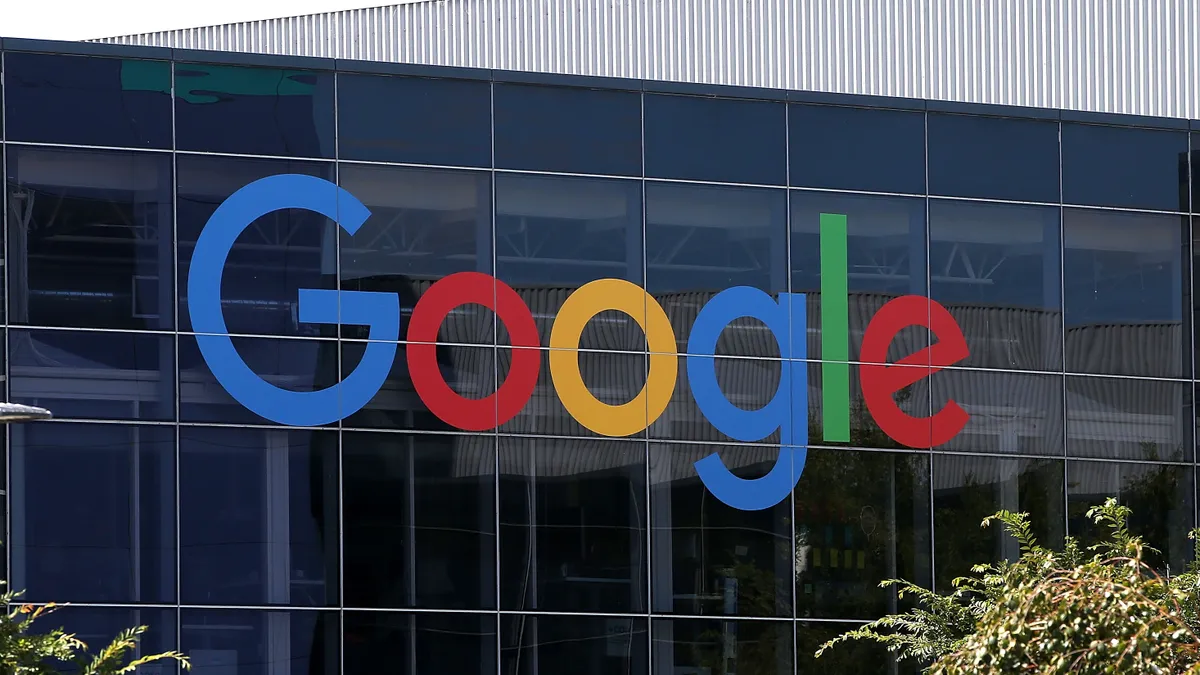Dive Brief:
- Google signed five corporate power purchase agreements with French utility provider Engie last week to expand and support its operations in Belgium.
- The agreements aim to provide Google’s digital infrastructure in the Western European nation with over 118 megawatts of renewable power, which the two companies estimated to be equivalent to 3.7 terawatt hours of carbon-free energy.
- The 118 MW will come through four Engie-owned onshore wind farms in Belgium, which can produce up to 26 MV, of which Google will receive the full production. The power will also be provided through another Belgian wind park that can generate 92 MW and is part of an existing offtake agreement the two companies extended for another eight years.
Dive Insight:
The deal builds on Google’s goal of reaching net-zero emissions across all its operations and supply chain by 2030 and reducing its absolute emissions across scopes 1, 2 and 3 by 50% by end of the decade, compared to a 2019 baseline.
Frédéric Descamps, Google’s Data Center Lead in Belgium, said in the release that the company’s pathway to hitting its climate goals is “supported by an ambitious clean energy goal to operate our data centers and office campuses on 24/7 carbon-free energy.”
“Our ambition to make a positive impact in every grid that we operate in can be met working closely with leading energy companies such as ENGIE … [which shares] similar commitments to our sustainable goals,” he said in the release.
The news comes just a week after Google announced a separate collaboration with Engie. The tech giant’s subsidiary, Google Cloud, will be developing artificial intelligence-based solutions to accelerate energy production of Engie’s wind portfolio geared toward short-term power markets. The AI-powered pilot program will also focus on predicting how much wind power should be sold to certain power markets and at what price tag, according to the two companies.
Engie isn’t the only corporation Google has collaborated with as of late in relation to its sustainability commitments. Since the start of this year, the search engine platform and computer software company has partnered with BlackRock’s climate infrastructure business for 300 MW of solar power; joined forces with Meta, Microsoft and Salesforce to launch the Symbiosis Coalition to contract up to 20 million tons of nature-based carbon removal credits by 2030; and committed to buy $35 million in carbon removal credits to match the Department of Energy’s carbon removal purchase program.












